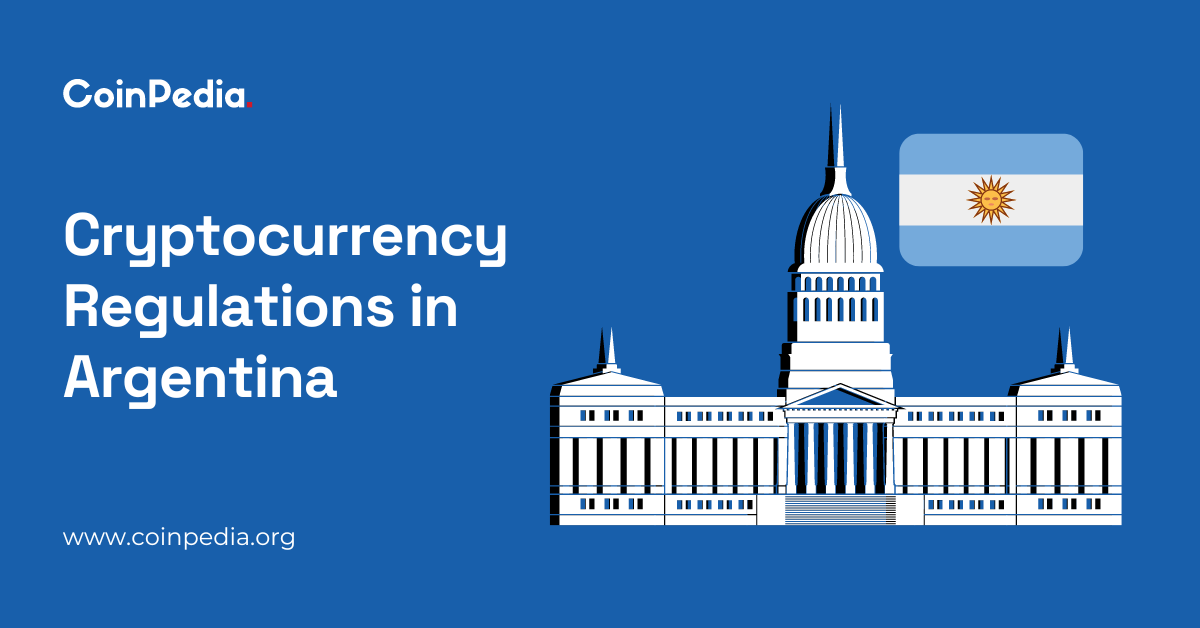
In Argentina, cryptocurrency is treated as a form of digital asset, allowing trading, storage, and usage without major restrictions. To ensure the safe and secure use of crypto, the Argentine federal government has implemented important regulations governing its use, including a VASP license, registration, and strict compliance with AMK and CFT.
In 2025, Argentina is actively implementing a regulatory framework for crypto to enhance oversight and align with global standards.
June 13, 2025 – SEC Issued General Resolution No. 1069/2025
April 14, 2025 – Cepo Cambiario
March 14, 2025- Resolution 1058/2025
Timeline of crypto regulations:
| Date | Law/ Regulations | Details |
| July 18, 2024 | Decree 640/2024 | Legal framework for the tokenization of goods |
| March 25, 2024 | CNV resolution 994/2024 | Mandatory VASP registration with CNV |
| March 25, 2024 | UIF Resolution 49/2024 | VASPs as UIF reporting entities, AML/CFT obligations |
| March 14, 2024 | Law 27,739 | VASP registration, AML/CFT, phased compliance deadline |
| December 20, 2023 | Decree 70/2023 | Legal validity of crypto contracts reaffirmed |
| May 4, 2023 | Central bank ban | Banks decline to offer crypto services |
In 2025, the Argentine government took a progressive stance towards cryptocurrency, recognizing it as a digital asset. President Javier Milei’s administration has fostered this environment by initiating new legislation to encourage the growth of the cryptocurrency sector. The government’s key focus is:
Important note: Crypto is an intangible property, so holding crypto is not taxed, but profits or income from transactions are taxable, aligning with fiscal modernization efforts.
Tax reporting: The Financial year runs from January 1 to December 31, and tax returns are due by June 30 of the following year. Crypto tax can be reported through AFIP’s online tax portal.
| Tax type | Tax rate | Tax applicability |
| Capital gains tax (CGT) | 15% | Profits from selling/ exchanging crypto |
| Income tax | 5% to 35% | Earnings from mining, staking, and payments |
| Personal property tax | 0.25%- 1.25% | Year-end value of crypto holdings |
| VAT | 21% | Crypto is used to buy goods and services |
| International transfers | 5% -15% | Cross-border crypto transactions. |
Argentina moved $93.9 billion in crypto transaction volume between 2024 to June 2025. It ranked second in the largest Latin American (LATAM) crypto market, following Brazil. It had the highest purchasing volume in January 2025.
The Argentine Pesco ranked in the top third in stablecoin share exchange, indicating the country’s strong confidence in the asset.
Under Ley 27739, the VASP can engage in:
Argentina’s recent policies and the government’s active efforts in the crypto space have promised further exploration of blockchain tokenization and open finance. The country is fully supporting high fintech adoption to balance security with modernization. The primary goal of the government is to establish a better digital framework to boost the economy with cryptocurrency and other digital assets.
Yes, crypto is legal but not considered legal tender. It’s regulated for taxation and anti-money laundering purposes.
Crypto gains are taxed up to 15% for individuals and 25–30% for legal entities based on residency and income source.
Yes, crypto mining is legal and popular due to Argentina’s low-cost, subsidized electricity.
No, Argentina’s central bank banned unregulated crypto services in traditional banks in May 2022.
On Thursday, crypto investigator ZachXBT published an exposé in which he accused employees at Axiom…
The Trump-backed Bitcoin miner, American Bitcoin Corp. (NASDAQ: ABTC), has today revealed a 159% year-on-year…
A fresh discussion is taking place in the XRP community: Is the Canton Network quietly…
Trading activity around XRP has picked up sharply, with new data from Bitrue showing a…
Aave, the DeFi lending platform founded by Stani Kulechov in 2020, has surpassed $1 trillion…
Story Highlights The live price of the Avalanche is . Price predictions for 2026 range…